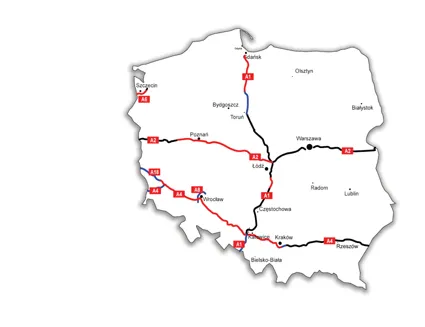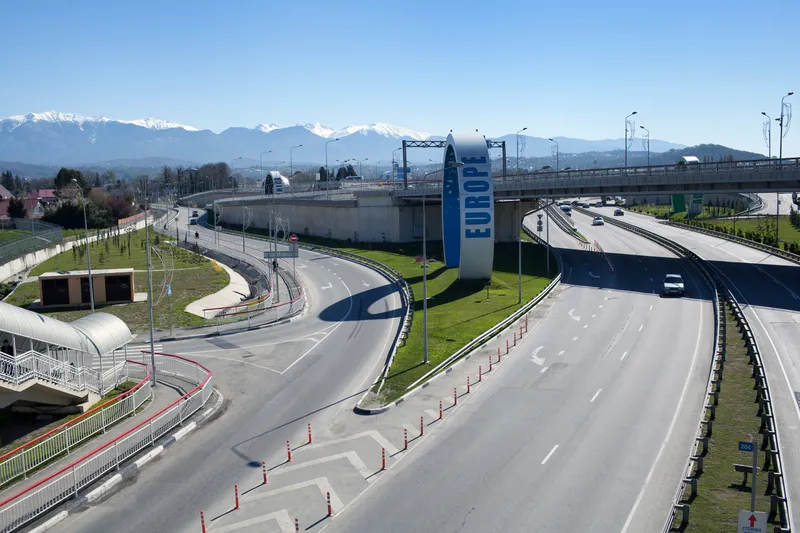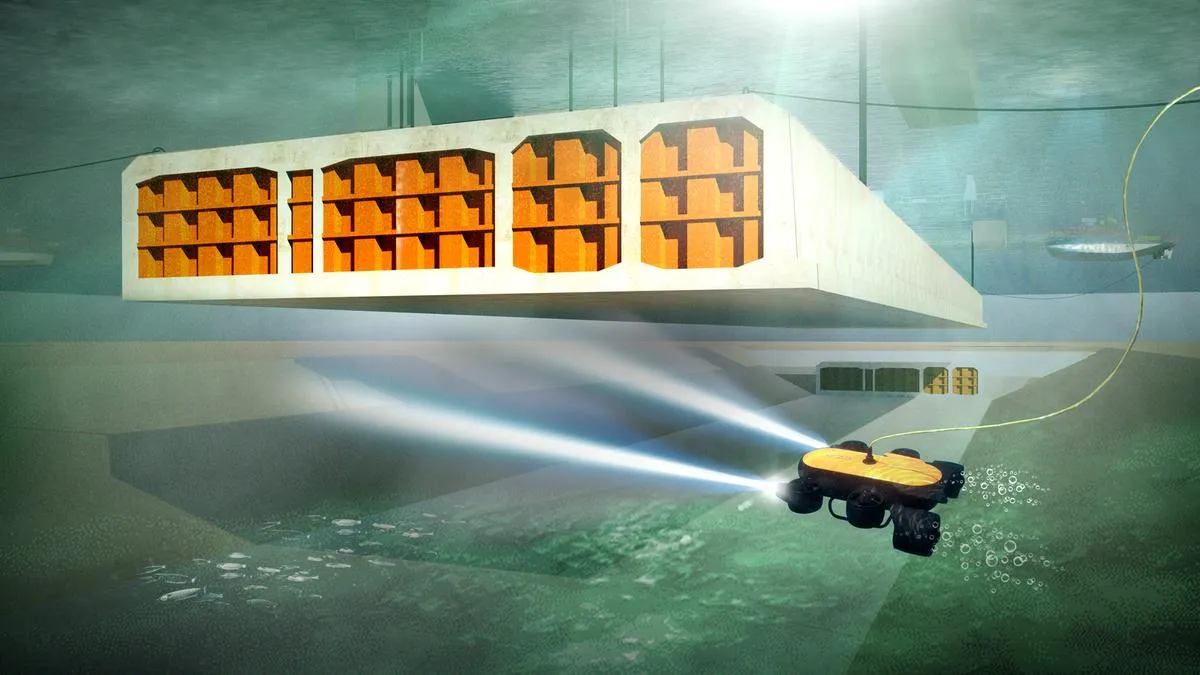Spanish construction group Rover Alcisa, through its Polish division RoverPol, will rebuild the Lekno Junction in the city of Szczecin.
The multi-level intersection deal covering road and rail works - worth nearly US$35 million - is part of a major downtown bypass project.
Szczecin, near the Baltic Sea and Germany, has a population of around 400,000.
October 25, 2018
Read time: 1 min
Spanish construction group Rover Alcisa, through its Polish division RoverPol, will rebuild the Lekno Junction in the city of Szczecin.
The multi-level intersection deal covering road and rail works - worth nearly US$35 million - is part of a major downtown bypass project.
Szczecin, near the Baltic Sea and Germany, has a population of around 400,000.









